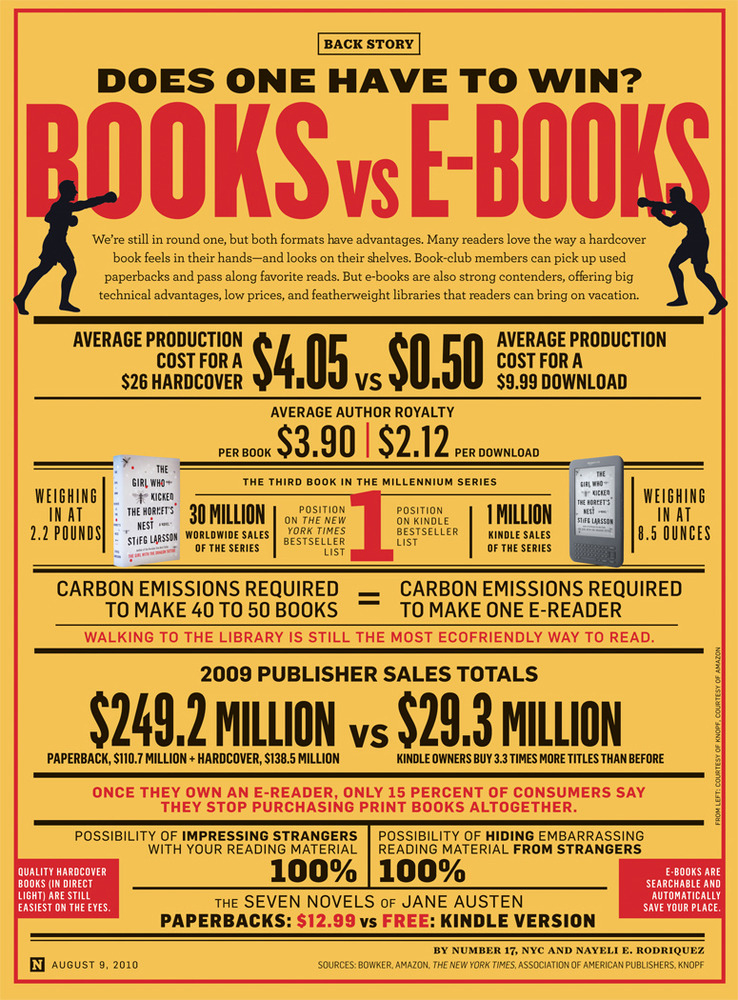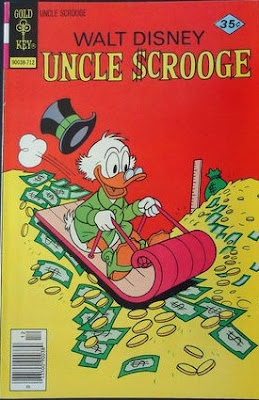An Indie Bookstore By Any Other Name
Zachary Martin
Jan 06, 2013
Last week I had one of those book-shopping experiences that are becoming rarer by the day: I walked into a bookstore; I asked the bookseller for help finding a title; the bookseller led me to the book on the shelf, no computer search needed; and then the bookseller and I proceeded to have a conversation about the book. It was a book we had both read years ago, as adolescents, but that had stuck with us enough to demand we return to it. He had recently picked it up again himself. We talked about how it had impacted us and how it had made us think about the world. While he was ringing up my order, he told me about what I should expect, returning to the book after all these years. Was I in an independent bookstore? You bet I was. What is there to say about the decline of independent bookstores that hasn't been said already? There are the numbers, which we're all aware of, even if we don't know the specifics. (It's 6,000 indie bookstores as recently as twenty years ago, and only about 2,200 in 2010, by the way.) There's the increase in e-book sales to consider--they now outpace hardcover sales--almost none of which benefits the brick-and-mortar big-box stores, let alone mom-and-pops and most up-and-coming authors who can't demand the kinds of deals that established authors can. Click for higher resolution image.
I don't imagine you're very impressed with these figures. They've been with us for years, and citing them widely hasn't done much to staunch the bleeding. That's alright. I didn't have my heart set on successfully using all of Aristotle's three appeals in this blogpost anyway. And, hey, they probably aren't even relevant to my experience last week, because the independent bookstore I was in exclusively sold comics, and the book I bought was a graphic novel.
The statistics are a bit more mixed when it comes to stores that do the majority of their business on sequential art. Pirating, the rise of digital comics, and the success of video games all represent real threats to their livelihood, but the sales of ink-and-paper graphic novels actually increased by double-digit figures in 2012. By most accounts, comics are doing better than they've done since the nineties, when the bubble burst on collectors who were buying them up like they were pets.com stock.
I find it heartening to know that comics are doing well. They were my first real introduction to the printed word when I was a kid growing up in Miami. My father, my brother, and I would all walk over to George's Barber Shop on Bird Road for Saturday haircuts. George's was owned by Jorge. My brother and I would get our rat tails trimmed--leave it long, Jorge, my good man--and then we would walk across the street to A&M Comics, where my Dad would give us each one dollar and turn us loose.
Click for higher resolution image.
I don't imagine you're very impressed with these figures. They've been with us for years, and citing them widely hasn't done much to staunch the bleeding. That's alright. I didn't have my heart set on successfully using all of Aristotle's three appeals in this blogpost anyway. And, hey, they probably aren't even relevant to my experience last week, because the independent bookstore I was in exclusively sold comics, and the book I bought was a graphic novel.
The statistics are a bit more mixed when it comes to stores that do the majority of their business on sequential art. Pirating, the rise of digital comics, and the success of video games all represent real threats to their livelihood, but the sales of ink-and-paper graphic novels actually increased by double-digit figures in 2012. By most accounts, comics are doing better than they've done since the nineties, when the bubble burst on collectors who were buying them up like they were pets.com stock.
I find it heartening to know that comics are doing well. They were my first real introduction to the printed word when I was a kid growing up in Miami. My father, my brother, and I would all walk over to George's Barber Shop on Bird Road for Saturday haircuts. George's was owned by Jorge. My brother and I would get our rat tails trimmed--leave it long, Jorge, my good man--and then we would walk across the street to A&M Comics, where my Dad would give us each one dollar and turn us loose.
 |

Comments (0)
Add a Comment